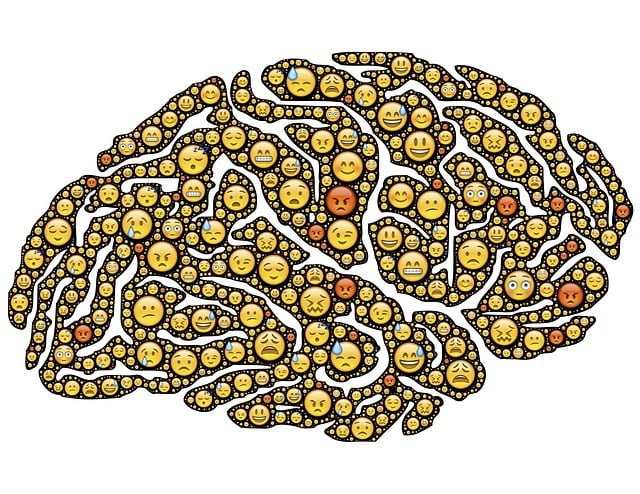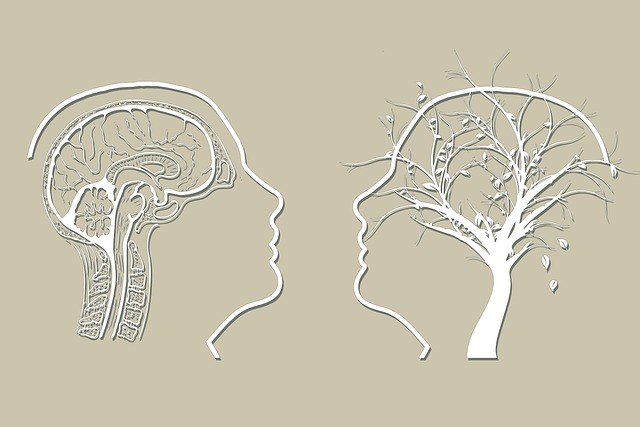Mental health conditions like anxiety and depression can hinder social engagement, but Highlands Ranch phobias therapy centers offer specialized interventions, such as Social Skills Training (SST), to address these barriers. SST focuses on developing coping skills and improving navigation of social situations, empowering individuals to connect with others more effectively. Through structured learning, role-playing, group discussions, and community outreach programs, this holistic approach combines compassion cultivation with evidence-based therapies, leading to improved mental health, reduced anxiety symptoms, and enhanced interpersonal relationships.
Social skills training is a powerful tool for managing mental health conditions, especially in cases of phobias and anxiety. Understanding the connection between social interaction and emotional well-being is key to effective treatment. This article explores how targeted therapy sessions can enhance social skills, offering strategies to overcome challenges associated with Highlands Ranch Phobias Therapy. By delving into these techniques, individuals can foster better connections, boost confidence, and significantly improve their mental health outcomes.
- Understanding the Connection Between Social Skills and Mental Health
- The Role of Social Skills Training in Overcoming Phobias and Anxiety
- Strategies for Effective Social Skills Development in Therapy Sessions
Understanding the Connection Between Social Skills and Mental Health

In many cases, mental health conditions can significantly impact an individual’s social skills and ability to interact with others. Conditions like anxiety disorders, depression, or even trauma can create barriers that hinder natural social engagement. This is where specialized interventions, such as those offered by Highlands Ranch phobias therapy centers, play a pivotal role.
Social Skills Training (SST) is a crucial component of holistic mental wellness treatment. By focusing on the development of coping skills, SST equips individuals with the tools to navigate social situations more effectively. Through structured learning and practice, participants gain confidence in their ability to connect with others, which can be transformative for their overall mental health and quality of life.
The Role of Social Skills Training in Overcoming Phobias and Anxiety

Social Skills Training plays a pivotal role in overcoming phobias and anxiety disorders, offering a practical approach to enhancing one’s interaction with others and managing fears. Many individuals struggling with phobias often isolate themselves due to overwhelming anxiety, which can perpetuate their condition. Through structured training, they learn effective communication techniques, enabling them to engage in social interactions with increased confidence. This process helps dispel negative thoughts and self-doubts associated with social situations, fostering a sense of belonging and support.
Highlands Ranch Phobias Therapy incorporates compassion cultivation practices into its curriculum, encouraging individuals to understand and accept their fears while developing empathy for others. This holistic approach not only boosts mental health awareness but also equips them with the skills to navigate social landscapes more comfortably. By combining social skills training with evidence-based therapies, individuals can experience significant improvements in their quality of life, reducing anxiety symptoms and fostering healthier interpersonal relationships.
Strategies for Effective Social Skills Development in Therapy Sessions

In Highlands Ranch Phobias Therapy sessions, therapists can employ several effective strategies to foster social skills development. One key approach is role-playing, where clients practice interactions in a safe and controlled environment, building confidence and reducing anxiety. This technique is especially beneficial for individuals dealing with specific phobias or social anxiety disorders. By gradually exposing them to simulated social scenarios, therapists enable clients to develop coping strategies and enhance their ability to engage in meaningful social exchanges.
Additionally, incorporating resilience-building activities into therapy can significantly contribute to a client’s overall progress. Encouraging clients to participate in group discussions or community outreach program implementation allows them to cultivate empathy, active listening, and effective communication skills. Stress management workshops organization within the therapeutic framework further complements these efforts by equipping individuals with tools to handle social stressors, thereby fostering a more supportive and interactive social environment.
Social skills training has emerged as a powerful tool in the field of mental health treatment, particularly for conditions like phobias and anxiety. By focusing on enhancing communication, empathy, and interpersonal interactions, this approach empowers individuals to navigate social environments with greater confidence and ease. In Highlands Ranch Phobias Therapy, incorporating targeted social skills development into therapy sessions can significantly improve outcomes, enabling clients to build supportive relationships, reduce isolation, and better manage their conditions in everyday life.














